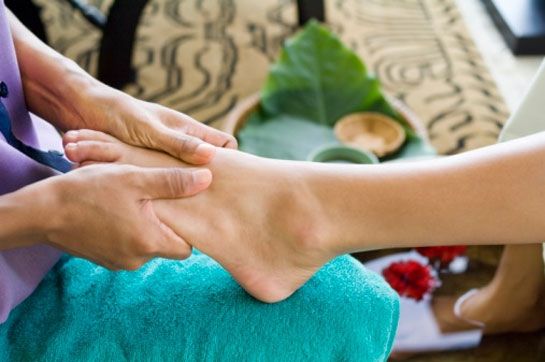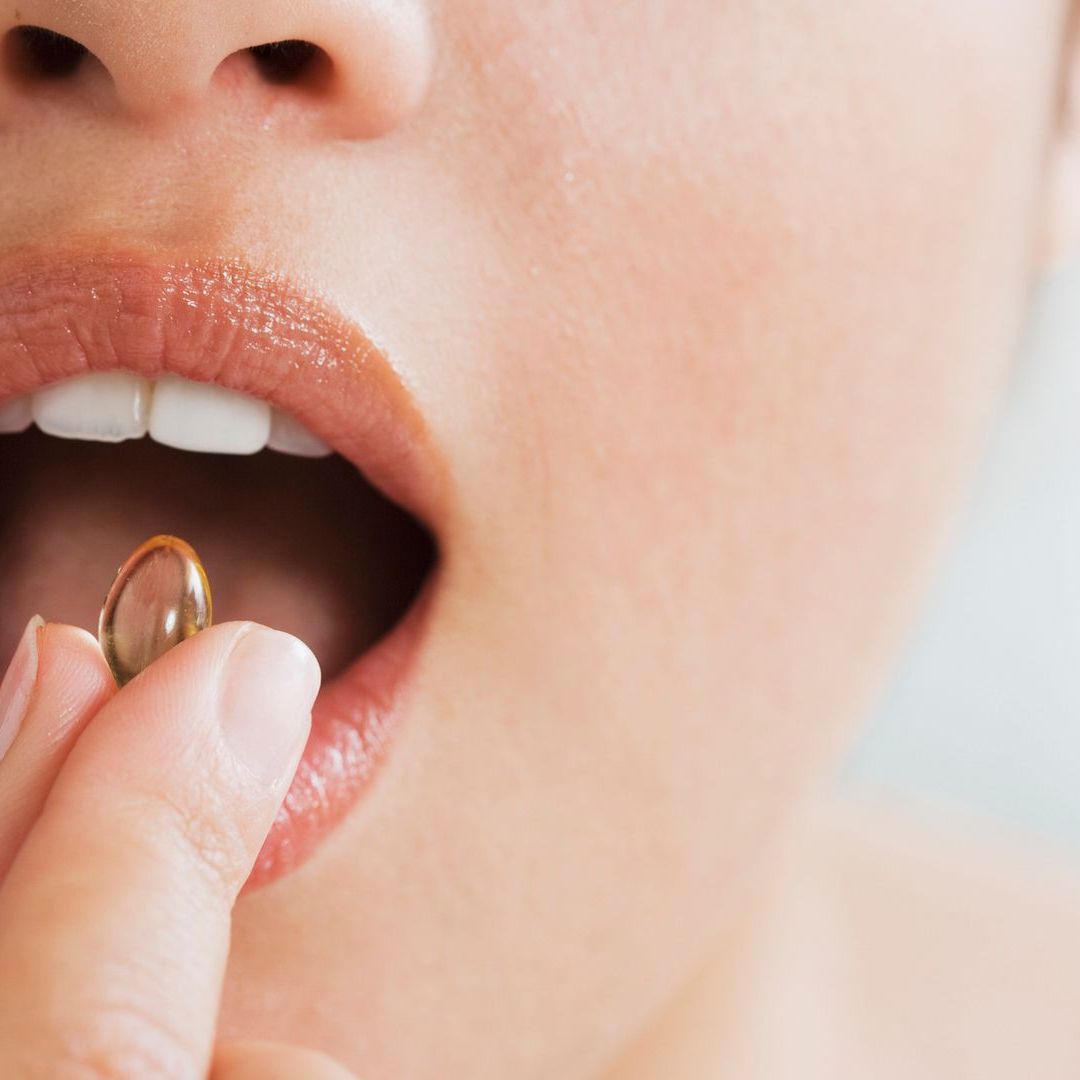Did you know that your feet may hold the key to health? It's difficult to believe it, but pressing a particular spot on this part of your body can relieve your toothache, stop your back ache or even calm the itch of eczema. Experts claim that a person's feet are like the roots of a tree: the state of your feet influences the rest of your body.
Reflexology treatment consists of acupressure - exerting pressure usually with the fingers - or, to put it more simply, massaging specific points and areas of the feet. There are 70,000 nerve endings in each foot which, if properly stimulated, can send messages through the nervous system to all areas of the body and brain. The foot reflex zones are five to 20 times more sensitive than the organs themselves. Nature intended man to walk barefoot, which would stimulate the reflex points with each step taken. But now, of course, loosely-fitting shoes mean that our feet don't experience this, which is where reflexology comes into play.
How does it work?
Reflexology can stimulate the body's energy to improve physical and psychological well-being. There are areas on the feet that correspond to each of the organs of the body, and manipulation of these areas by an expert allows them to discover the existence of imbalance in the system, and even to identify areas that may be prone to trouble. Exerting pressure on the area corresponding to an afflicted organ will result in pain or tenderness, which reveals when things are working properly or when there's an energy blockage or a problem of some sort. And all by means of a simple and enjoyable massage.
When is it used?
Reflexology is particularly recommended for the relief of disorders arising from stress, including insomnia, headaches and anxiety. But it can also help you deal with problems such as digestive disorders, menstrual pain, endocrine, back and respiratory problems. Note: Reflexology should always be performed by an expert who has undergone proper training.








